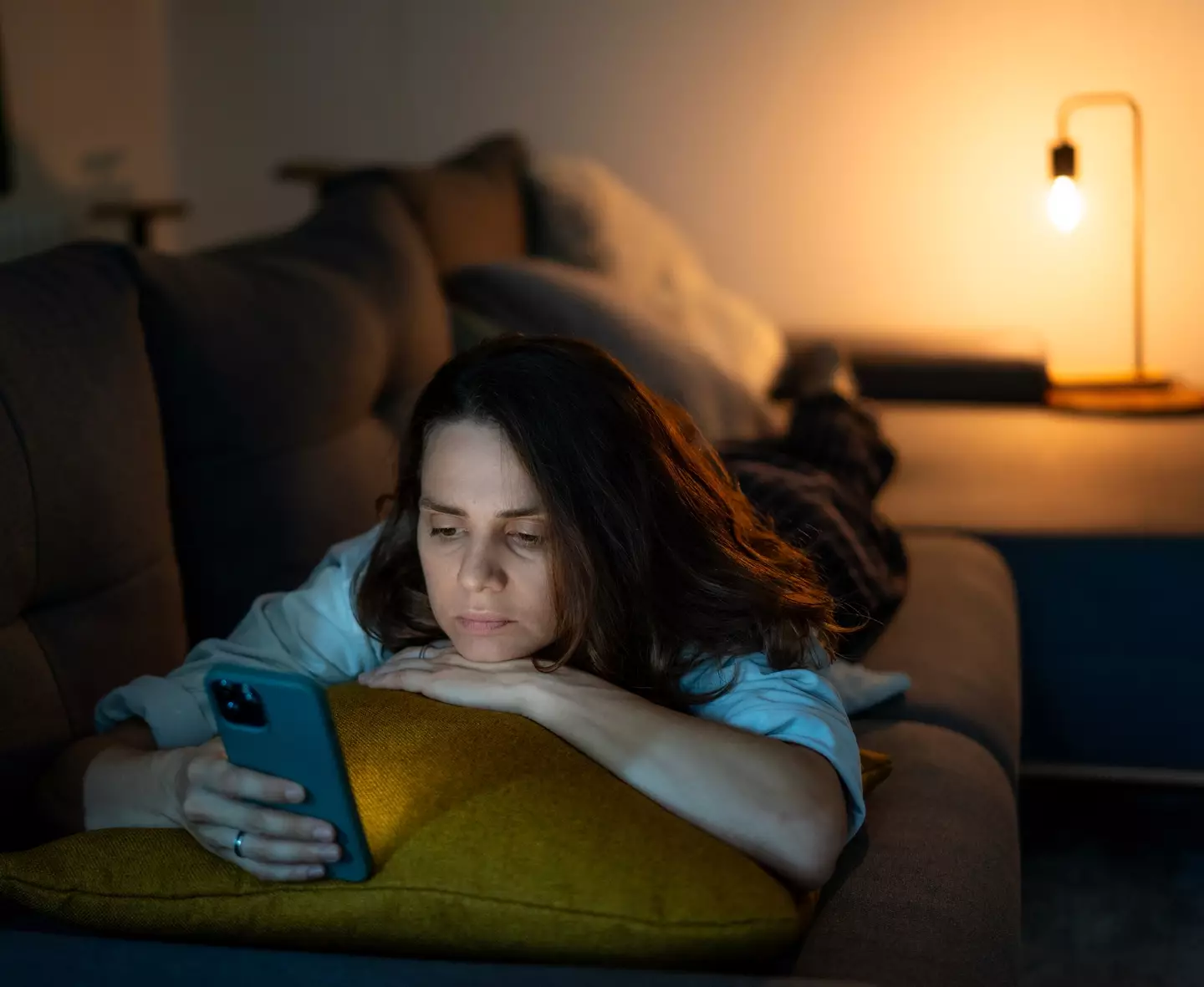Specialist discusses brain changes when you quit social media

Imagine how delightful it would be to spend your free moments savoring the world around you, whether it’s simply glancing out the window during your commute or enjoying a book before bedtime.
Instead, many of us find ourselves glued to our phones, mindlessly scrolling through endless feeds of trivial content on our preferred platforms.
Personally, I decided to eliminate Facebook, Instagram, Snapchat, and TikTok from my phone. Although work obligations required me to reinstall them, the long absence has made me wary of engaging with them, knowing I’d end up scrolling for hours.
Ironically, I’ve transferred this habit to YouTube, which also offers a continuous loop of short videos. Yet, it’s difficult to resist the pull of these platforms; even a trip to the bathroom feels incomplete without a phone in hand, a compulsion that’s hard to break.
But what impact would leaving social media have on your brain if, by some chance, you managed to break free?
Ana Lembke, an expert in addiction medicine and author of “Dopamine Nation: Finding Balance in the Age of Indulgence,” points out that social media can indeed lead to addiction.
She notes that something as seemingly insignificant as receiving a ‘like’ on Instagram or Facebook triggers dopamine, the hormone associated with happiness.

Excessive social media usage can disrupt dopamine balance, potentially leading to a decrease that requires more phone time to achieve a sense of ‘normalcy’.
According to Vijesti, Lembke stated: “A break from this social media-induced dopamine cycle can allow the brain to reset reward pathways.”
This reset helps curb the compulsive need to seek dopamine triggers excessively.
So, how long should you detach from social media to reset your brain’s reward system?
Lembke suggests aiming for a four-week hiatus, though even a few days can be greatly beneficial. She referenced a study involving 65 girls aged 10 to 19, finding those who took a three-day break experienced increased self-confidence.
As your brain adjusts to lower dopamine levels, similar to any addiction, initial cravings or anxiety may occur, but it becomes easier with time.

Sarah Woodruff, co-author of “The Social Media Detox,” shared that participants in her study felt a ‘sense of disconnection’ during their break, but communication in WhatsApp groups provided a sense of community.
Her research involved 31 young adults participating in a two-week social media detox, limiting their usage to 30 minutes a day.
Woodruff states, “We can use that time to take a step back and become more aware of what we’re doing on social media and whether it’s benefiting us.”
Her study’s abstract concluded: “In conclusion, the findings of this exploratory study provide initial support for the use of social media digital detoxes, suggesting that limiting usage can have beneficial effects with regards to smartphone and social media addiction, as well as many other health-related outcomes.”


